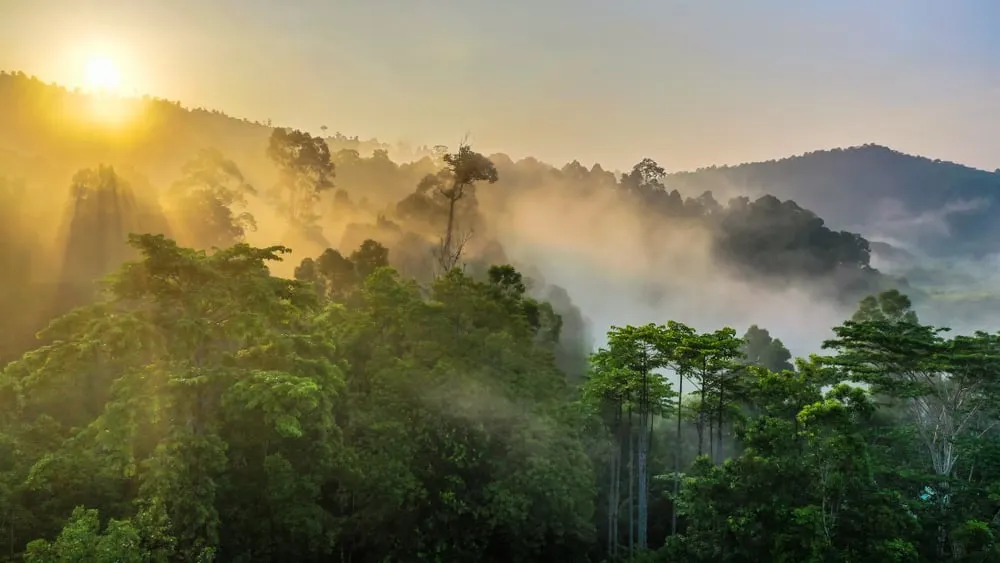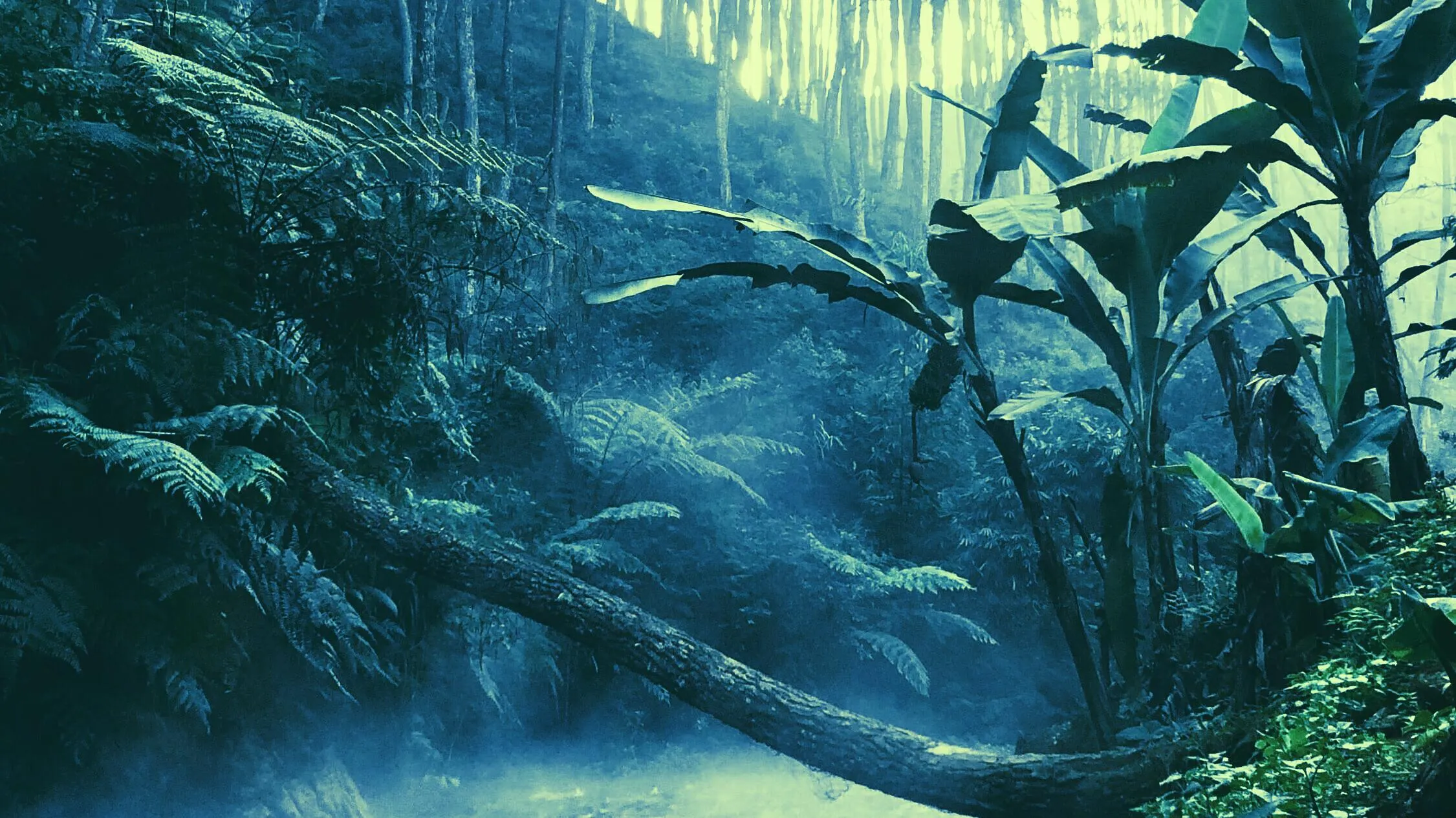In brief
- A Brazilian meat-processor announced a $182 million fund on Wednesday to curb deforestation in the country.
- The firm will invest over $44 million until 2025 and expects other companies to match funding efforts.
- Deforestation has hit record levels in Brazil, which is facing backlash for its failure to control the concern.
Brazil-based JBS, the world’s leading firm for meat processing and packing, said Wednesday it would deploy blockchain technology to combat the rising ill-effects of deforestation by meat suppliers in South America, according to news outlet Reuters.
The firm vowed to monitor its entire supply chain using blockchain by 2025, amidst widespread concerns from environmentalists about rapidly diminishing forest cover in the country. Brazil's meat industry, among others, is said to contribute to deforestation as meat producers clear out vast areas for cattle pasture.
So far, meatpackers in Brazil, such as JBS, have ensured they do not source meat from farms that illegally cut forests. However, such a system just monitors and measures activity from its final suppliers—leaving space for indirect suppliers (which supply to JBS's suppliers) to evade such monitoring and eventually manage to sell their product to firms like JBS.

But blockchain technology could present a solution for that, said JBS. It launched a $182.77 million fund yesterday to foster social and economic development in the Amazonian rainforest region, aiming to invest over $44 million in the next five years, and another equal amount from then on to 2030.
Other local and international firms are expected to join the project and contribute the remaining amount, the report noted.
The funds will allow JBS to build an expansive blockchain system that tracks every supplier on its meat supply network, both direct and indirect. “Currently, the company does not monitor indirect suppliers and no company does so. But we plan to close this gap using technology,” said JBS CEO Gilberto Tomazoni.
Tomazoni added the firm’s 50,000 direct suppliers were, however, already monitored. Meanwhile, JBS is expected to launch the system in 2021, starting in the Brazilian state of Mato Grosso.
The development comes at a time when global meat importers, such as Norway, have threatened to pull out their investments from Brazil if the country fails to curb deforestation, noted the report.
Deforestation has remained a global concern since the last decade, with regions like the Amazonian rainforest in South America among the most affected. Data from last year showed that Amazon deforestation hit levels last seen in 2006. So, it will take a major effort to turn the situation around.

